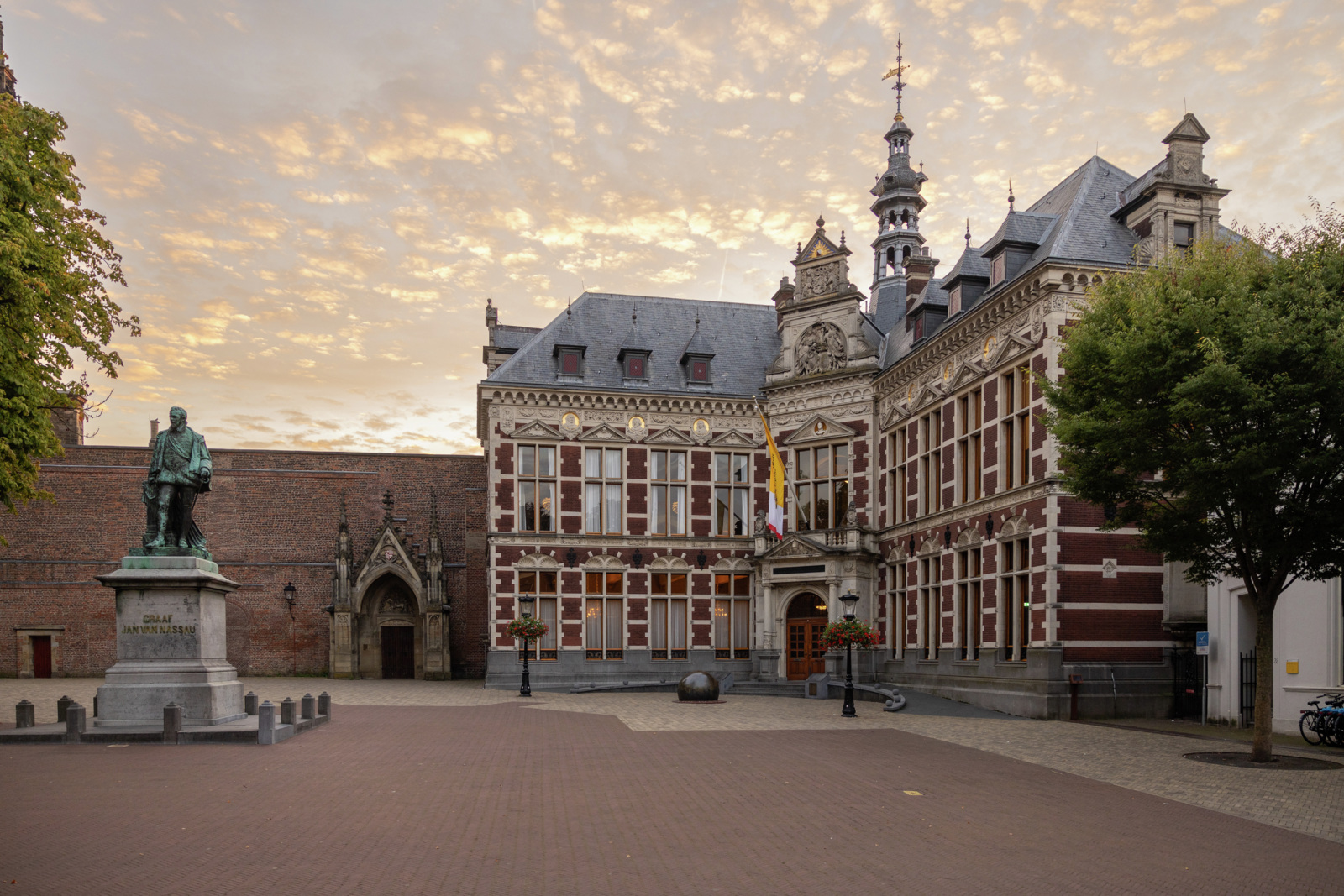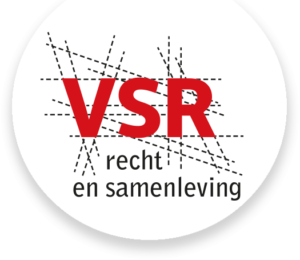

ontvang nieuws
Meerdaagse conferenties
CESSMIR 2022 Conference “Contemporary forms of racism and discrimination”
Call for presentations, symposia and dialogue sessions
CESSMIR’s second biennial conference opens up an exchange platform for researchers, practitioners and policy makers working in the broad field of migration, integration and ethnic-cultural diversity. You are invited to share your questions and expertise on understanding and responding to contemporary forms of racism and discrimination from a broad, interdisciplinary approach. With experts working in different domains of society, including education, employment, health care, housing, media, deviance and crime, architecture, family, child support and social work, CESSMIR actively seeks contributions that speak to different audiences, but with a commonly shared focus on social exclusion.
The exclusion of social groups based on migration background, colour, religion, language and legal documents, amongst other aspects, remains a key social problem in societies across the globe. Despite the advancements made in terms of social justice and inclusion through processes of decolonisation and anti-racism, racism and discrimination remain an everyday reality for large numbers of minoritised people. In addition, recent economic and health crises have fostered insecurities, populism and economic and health inequalities, which in turn resulted in more open polarisation and hostility between different racialised and ethnicised groups. It is therefore paramount that academics and practitioners remain focused on understanding and tackling racism, discrimination and social exclusion in order to develop a more cohesive and just society.
Possible topics include but are not limited to:
- Theoretical perspectives on concepts of race, ethnicity, racism, discrimination and exclusion
- Empirical studies and perspectives on racism and discrimination across a variety of settings, such as, but not limited to: labour markets, (urban) housing markets, education, health care, justice, family counselling
- Care practices
- Participation and integration
- Discrimination based on migration background, skin colour, language, religious background, legal status, etc.
- Institutional racism
- Discrimination and racism in discourse (e.g. (social) media discourse, political discourse, policy making, anti-racism activism, etc.)
- Stereotypes, prejudice, implicit bias, stigma, labelling, hate speech
- Intersectional approaches (how race and/or ethnicity intersect with class, gender, sexuality,..)
- Experiences, practices and responses of racialised and ethnicised minority groups
- Experiences, practices and responses of institutional actors and policy makers attempting to tackle racism and discrimination (police, justice, companies, sport federations, social housing authorities, schools, etc).
- Anti-discrimination policies and legislations
- Anti-racism activism
We strongly welcome empirical and theoretical contributions reflecting on the processes of racism, discrimination and exclusion in the Global South. We also particularly welcome contributions aiming to bridge race and migration studies in Europe. Given its inter-disciplinary approach, CESSMIR encourages contributions from practitioners and policy makers. Equally, we welcome researchers working from very different theoretical and methodological approaches and from both junior and senior voices in their field.
Deadline for submissions: 1st of April 2022 (you can submit your proposal HERE)
Formats for contributions
The following formats will be accepted for submission:
- Individual presentations
Individual presentations will be grouped into thematic sessions of 4 presentations based on provided keywords. Each accepted presentation is given 15 minutes for their presentation, followed by 5 minutes for a discussion with the audience. Each thematic session lasts 90 minutes. Submissions for individual presentations should include a proposal of no more than 2,000 characters, including spaces. A reference list is not required.
Click here to submit an individual presentation
- Symposia
A symposium is a focused group of presentations on a common theme. Symposium organisers are encouraged to include multiple disciplines, a diversity in presenters’ backgrounds, and if possible contributions from practitioners or policy makers. A symposium lasts 90 minutes and consists of 3 to 4 contributors and a discussant, who summarises and comments on the presentations and moderates the public discussion. We strongly encourage interaction with the audience. Each contribution is given 15 minutes. There should be at least 30 minutes for a general discussion. Submissions for symposia should include a proposal consisting of an overall short text of the symposium as a whole (no more than 3,000 characters, including spaces), and a short abstract of each of the contributions (each no more than 2,000 characters, including spaces). A reference list is not required.
Click here to submit a symposium proposal
- Dialogues
A ‘Dialogue’ is a focused session, in which a societal issue is tackled in-depth. More specifically, the contributors bring academic and non-academic knowledge to the table and as such contribute to a deeper understanding of the issue and of ways to tackle it (what has been done in practice and policy, what was the rationale behind it, what works for whom in what ways, etc.). This is done with contributions from an academic and from a practitioner/policymaker, preferably a practitioner/policy maker working in Belgium and a practitioner/policy maker working in another country than Belgium or in an international organisation. A dialogue session lasts 90 minutes and takes place on 19 September, between 4 and 5.30 pm, or on 20 September, between 11.30 am and 1 pm. Submissions for a Dialogue should include a proposal of no more than 4,000 characters, including spaces. A reference list is not required.
Click here to submit a Dialogue session proposal
- PhD pre-conference presentations
PhD candidates may also submit preliminary research plans or work in progress in dedicated sessions taking place during the pre-conference. Individual presentations will be grouped into thematic sessions of 4 presentations based on provided keywords. Each accepted presentation is given 15 minutes for their presentation, followed by 5 minutes for a discussion with the audience. Each thematic session lasts 90 minutes. Submissions for individual presentations should include a proposal of no more than 2,000 characters, including spaces. A reference list is not required.
Click here to submit a PhD Pre-conference presentation
- Other formats
We are open to other formats besides the ones mentioned above, including, but not limited to, artistic interventions, debates, etc. Submissions for other formats should include a proposal of no more than 4,000 characters, and/or a short video of max. 3 minutes.
Click here to submit another format
You can find more details on the website of the conference (https://www.ugent.be/cessmir/en/conference-2022).
